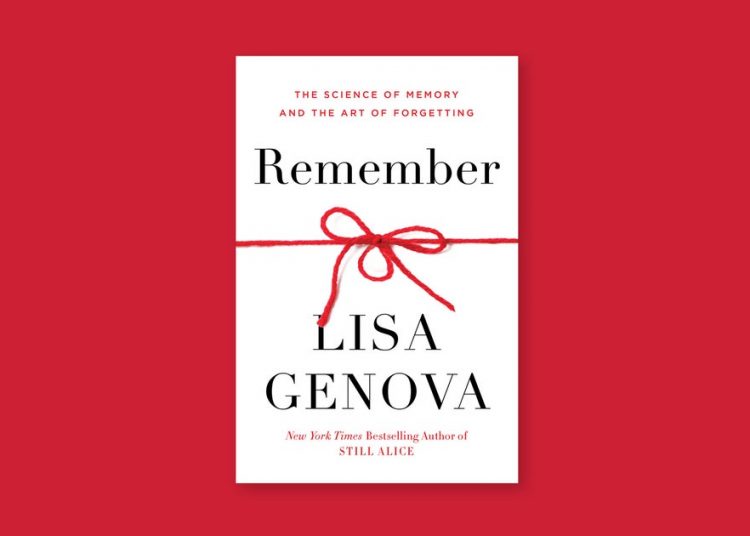Any study of memory is, in the main, a study of its frailty. In “Remember,” an engrossing survey of the latest research, Lisa Genova explains that a healthy brain quickly forgets most of what passes into conscious awareness. The fragments of experience that do get encoded into long-term memory are then subject to “creative editing.” To remember an event is to reimagine it; in the reimagining, we inadvertently introduce new information, often colored by our current emotional state. A dream, a suggestion, and even the mere passage of time can warp a memory. It is sobering to realize that three out of four prisoners who are later exonerated through DNA evidence were initially convicted on the basis of eyewitness testimony. “You can be 100 percent confident in your vivid memory,” Genova writes, “and still be 100 percent wrong.”
Forgetfulness is our “default setting,” and that’s a good thing. The sixty or so members of our species whose brains are not sieves have their own diagnosis: highly superior autobiographical memory, or hyperthymesia. While the average person can list no more than ten events for any given year of life, people living with H.S.A.M. “remember in excruciatingly vivid detail the very worst, most painful days of their lives.” The most studied case concerns Solomon Shereshevsky, an early-twentieth-century Russian journalist who, like Borges’s Funes the Memorious, “felt burdened by excessive and often irrelevant information and had…



























































